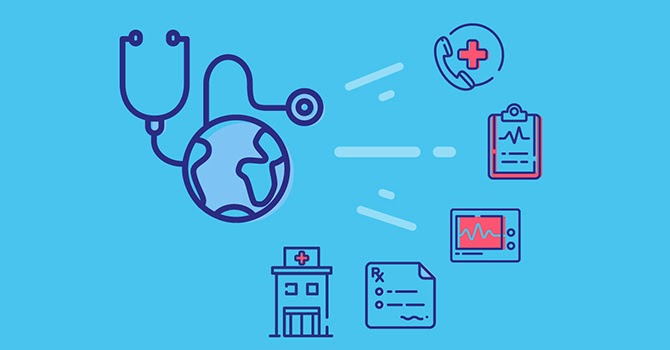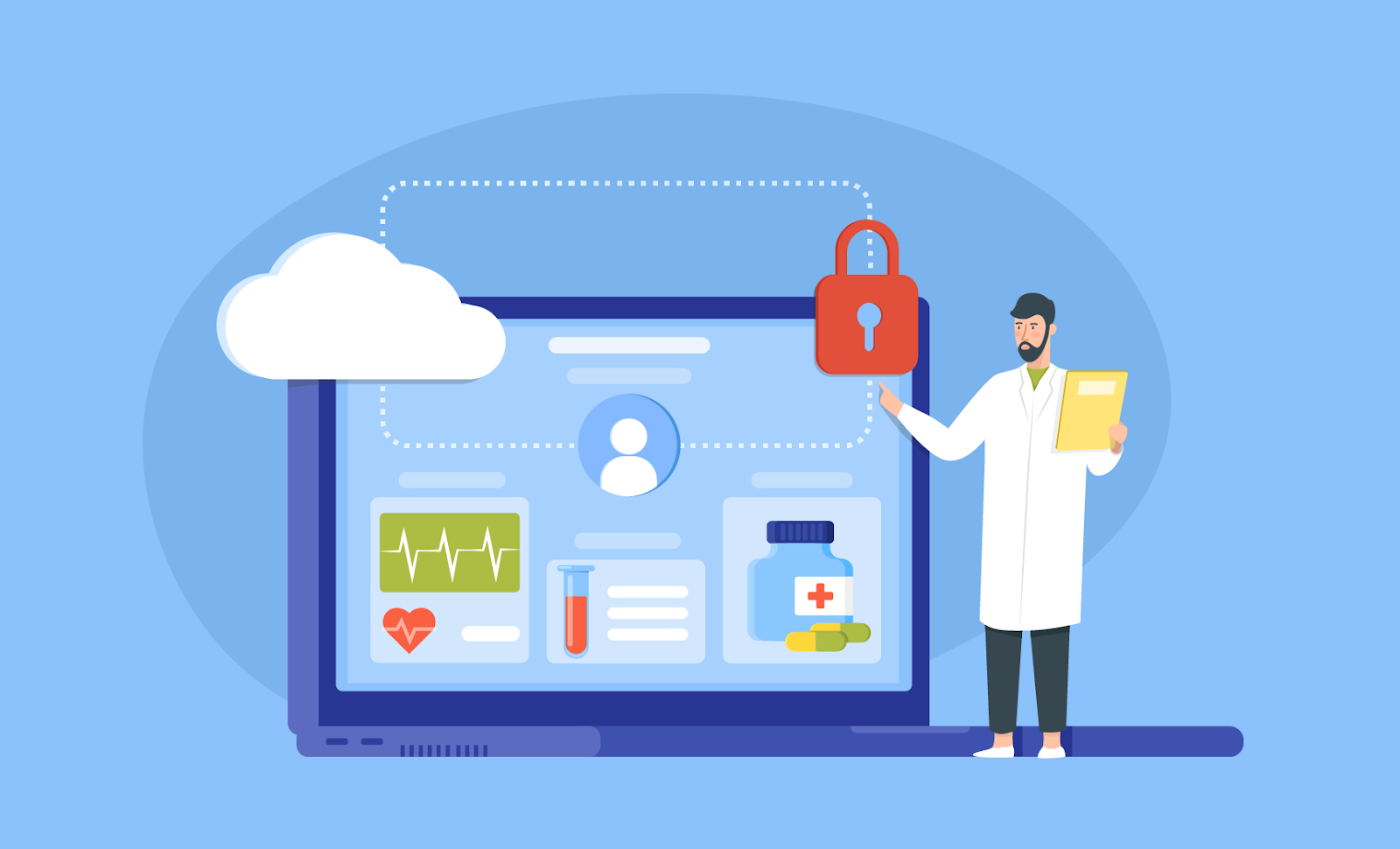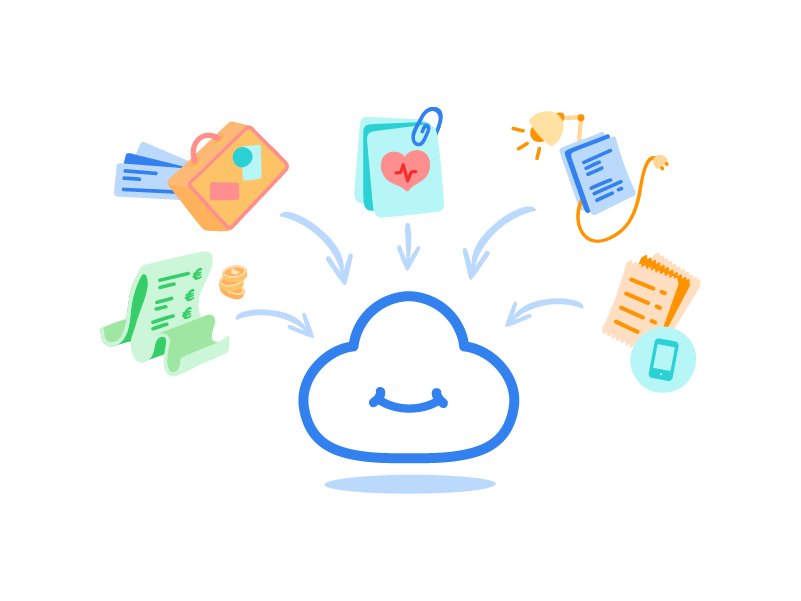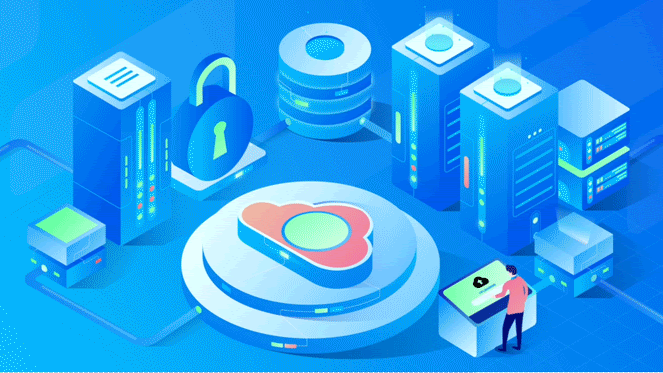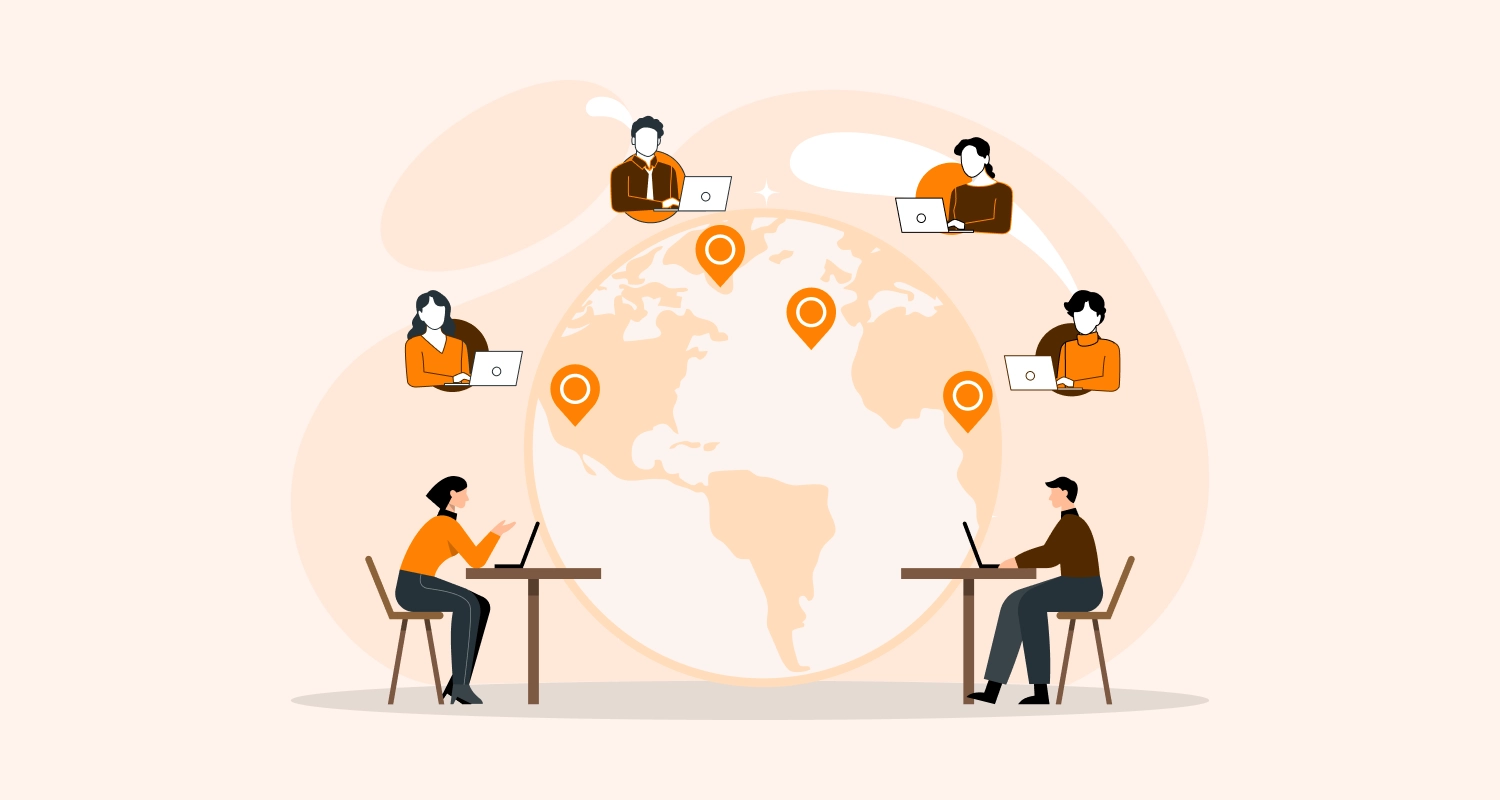As the world is literally reeling under the disastrous impact of COVID-19 pandemic, healthcare systems of the worst affected countries are now being questioned by the experts all around. The first case of the Coronavirus case in the U.S. was confirmed exactly on January 20, 2020 and now the country tops the global chart in respect of the number of cases and death toll. Now Covid-19 cases have been confirmed in all 50 US States. The pandemic exposed major loopholes and weaknesses in the US health care systems.
The biggest challenge according to many is the highly decentralised approach to manage healthcare and patient data corresponding to the pandemic. Even advanced healthcare technology solutions could not dissipate the negative impact of this decentralisation on the Covid-19 crisis. This is why we are keen to learn here the major weaknesses of the decentralised US health systems and how it aggravated the situation that ultimately made the country most affected by the crisis.
What is the Key Challenge Now for the American Health System in Response to Covid-19?

From the lack of beds, ventilators, health staff, and infrastructure for dealing with a pandemic to the absence of an affordable and universal healthcare system, the US faces a number of challenges in the healthcare front. But the biggest challenge is the decentralization of the public health and disease surveillance systems. When dealing with the menace of a pandemic like Coronavirus, a large nation like the U.S. needs a central agency to collect and track data from all states of the country as well as from other nations in order to detect emerging trends and threats early and put a coordinated response.
Unfortunately, such functions remain decentralized in the U.S. as each state separately funds and run its own public health and disease surveillance system. As this pandemic started to spread, this resulted in utter failure in understanding the magnitude of the problem and carrying out testing by learning from the examples of other countries. Even the contact tracing has been done in a poor manner to curb the spread of the pandemic. Ultimately this resulted in a slow response to the emerging threats while the disease spread across all 50 states and affecting the lives of millions.
Some also may argue that thanks to the decentralized system independent team of researchers in various states actually made their own testing mechanisms such as what Washington State recently did after getting frustrated with the delayed federal response in respect of testing. But this also shows how disintegrated public health agencies across states suffered from lack of coordination.
This decentralisation has other sides that need to be focused as well. For example, in terms of healthcare delivery, the entire system depends heavily on private companies, hospitals and practices who are ill equipped to deal with such an unprecedented virus outbreak. Centralisation and federal level coordination also means there should be a more pertinent role for the federal healthcare agencies to play in battling such pandemics.
How does the Centralized Healthcare System Work to Deal with Covid-19?
Now that we have explained how disconcerted a decentralised healthcare system can look while facing a pandemic, we need to explain a few things about centralisation in healthcare. We can look at different models and practices regarding this around the world. For example, the Norwegian government after taking over most of the country’s hospitals for the sake of cost-cutting now developed a notable centralized healthcare system. China has been quite successful in limiting the virus outbreak within a particular district thanks to its centralised healthcare policy, efforts, and surveillance mechanism.
One can easily see how China’s centralized system proved to be effective. Besides ensuring quick mobilization of resources such as the construction of two hospitals for Covid-19 patients within a span of less than two weeks to the strict lockdown measure in the entire Hubei district, China showed the path of how centralised system can really deal with a deadly outbreak like this.
It is quite clear that an unilateral decision-making process helped China for the coronavirus battle. In spite of the fact that the pandemic is still affecting many people in the country, it’s focused and concerted efforts at least slowed down the spread of the disease and now it is no longer counted to be one of the worst affected countries.
According to many researchers and experts in the field of virus outbreaks and pandemics, a concerted and well-coordinated public healthcare response is one thing that plays the most crucial role for containing a disease like Covid-19. After studying various European healthcare systems they feel that the healthcare system with a centralized core mechanism can only get advantage from the coordination of care and resources across hospitals and healthcare facilities.
Why Centralised Data So Important For The Healthcare Sector?
During a pandemic, it is extremely important to monitor the continuing spread of the disease and track trends and patterns that emerge through them. Only with these trends visible to the experts, better healthcare response plans can be created. Secondly, misinformation causing panic can impact the administration disastrously and this is another reason why data monitoring and analysis is so important. Well, for utilising the data to its optimum advantage for healthcare, centralised data systems are a must.
Read more: Are You Leading To The Future With Cloud-Native App Development?
Centralised data processing can help processing information for various agencies and stakeholders to access. While centralisation reduces the errors in tracking trends and patterns of the virus outbreaks, the findings of analysis and studies can be accessed by various clinical facilities, public health experts, and administrators as and when they need them.
How Cloud Technology Can Ensure a Proactive Response From Healthcare Experts?
Data centralization through cloud platforms is now more effective and secure than many older data management options. It is particularly because such systems can easily shut down distributed denial of service (DDoS) attacks and keep the system working safely. By storing the data in a centralized manner and by hosting the data in the cloud, the security experts get instant notifications about DDoS issues or other security issues such as data breaches.
In large countries such as the US where large healthcare facilities have a presence in several states and increasing decentralization of data can really prove to be problematic when they need to put a concerted effort to curb a virus outbreak. This is where cloud-based centralised data repository and analytics solutions can help.
The most important thing is that care coordination can be more straightforward thanks to centralized data systems. We can take, for example, electronic health records (EHR). According to most statistics, 87% of doctors and medical practitioners consider access to patients’ medical records is very important for treatment and medical research. Centralized data systems keeping a lot of information in one place just proves to be the right solution for this.
Such connected systems prove to be beneficial on several counts. In case a patient moves between different healthcare facilities, all the treatment providers can see the same and up-to-date data. On top of that, an EHR platform helps securely sharing health data with other medical professionals and caregivers. This ensures proper validation of decisions through different expert opinions. As an EHR system provides a central repository of data comprising all the tests and other medical processes a patient went through, it reduces the scope of duplication of the same processes and thus prevents delay in the treatment.
Centralized Data in the healthcare systems boosts efficiency in various ways. An expanding healthcare system that uses health data from various decentralized sources can actually prove to be problematic for data management professionals who play a crucial role in running these facilities. For example, earlier in Fortis Healthcare Limited, across 40 facilities each had decentralised data systems. As and when the company just decided in favour of centralizing the IT support structure, its vast pool of 7,000 employees now can access patient data through a single portal.
Cloud-based Centralisation and Administrative Advantages
Apart from the direct healthcare benefits we mentioned above data centralization also helps in allowing more prompt response to the emerging healthcare needs through automated systems. Such centralised systems can also facilitate enhanced options for looking after the data and reducing security vulnerabilities. When it comes to data governance, the complicated cacophony of various sources of data makes it difficult for any healthcare facility.
Even in the US, in some states, such centralised data governance exists. For example at St. Joseph’s Health facility, we have a Northern California board that looks after the health system governance and in a centralised manner, it communicates with hospital-level entities in the entire region. This centralised arrangement not only reduces costs but also increases the quality of healthcare as appropriate care can be provided without any delay.
If most health systems begin to embrace this regional board model of centralizing data as done by Kaiser Permanente and Connecticut’s Hartford HealthCare, the US response to such pandemics will no longer look such as I’ll-prepared and disjointed. Such board based centralization in decision making can actually make a positive impact on financial performance as well.
You may like this: Complete Guide to Mental Health App Development
Conclusion
Centralized data systems in public health care are far from a cure-all solution. But all the examples we provided along with the actual findings on the ground prove that the entire healthcare system of a country can be more well prepared to deal with a pandemic like Covid-19 thanks to coordinated efforts and data collaboration.



